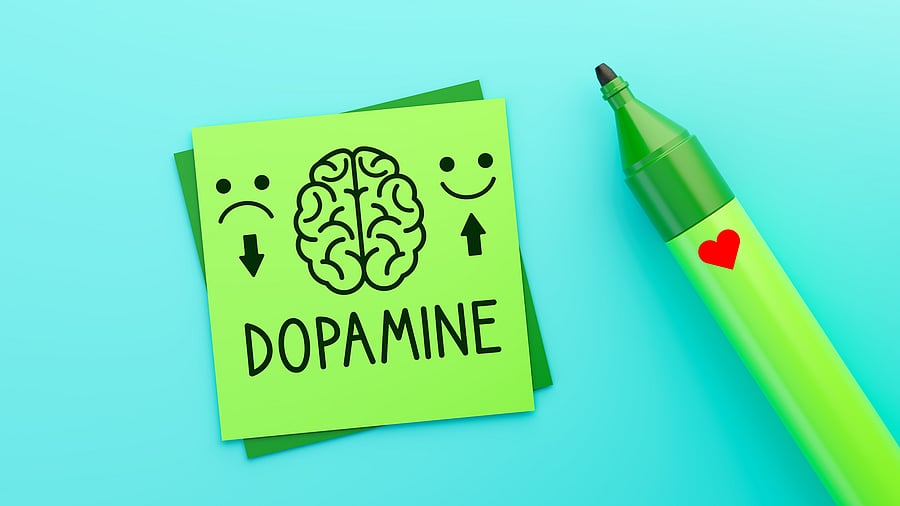
Illustration for representational purposes.
Credit: iStock Photo
New Delhi: The placebo effect, or experiencing pain relief by anticipating it during treatment is not caused by dopamine -- the 'pleasure' brain chemical, according to a study.
Previous studies have suggested that dopamine-based reward and learning processes contribute to the placebo effect.
However, researchers from the University Hospital Essen, Germany, said that the exact role of dopamine in initially producing a placebo effect, and thereafter maintaining it, was unknown.
For their study, published in the journal PLoS Biology, the team recruited 168 healthy volunteers, who were divided into three groups.
One group was given L-dopa, a drug used in treating Parkinson's disease, in which dopamine production is affected. The drug is a precursor that converts into dopamine, once it enters the brain.
The second group was administered sulpiride, an antipsychotic agent used for treating psychosis and schizophrenia. It works by suppressing the flow of dopamine, abnormal levels of which have been studied to contribute to psychotic symptoms.
Both treatments have been proven in the past to change one's dopamine-related behaviour, such as motivation and social conduct, by altering levels of the brain chemical, the authors said. The third group was given an inactive pill, known to produce no effects.
All the participants were informed of the study's objectives. They were then exposed to painful heat on a small portion of their left forearm, which was treated with either a pain-relieving cream or an inactive cream prior to exposure. Their experiences were recorded as 'pain ratings.' Contrary to previous findings, the researchers found that the drug-induced changes in dopamine levels did not alter a participant's expectation of pain relief.
Overall, the data provided strong evidence against a direct influence of dopamine on the generation and maintenance of placebo effects, the team said.
"We found no direct analgesic (pain-relieving) effects of the study medication on heat pain sensitivity or pain ratings during conditioning, confirming previous experimental studies using pro- or anti-dopaminergic drugs," the authors wrote.